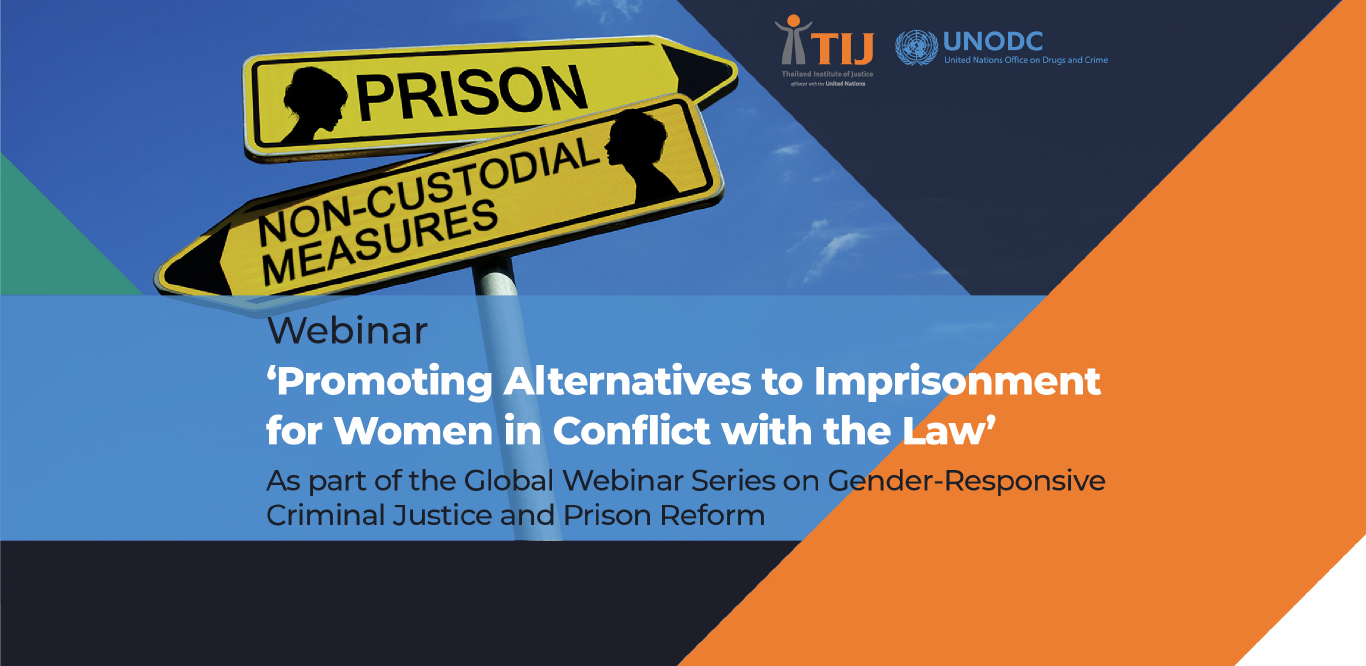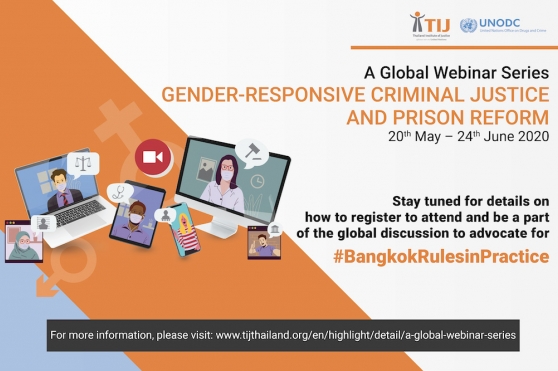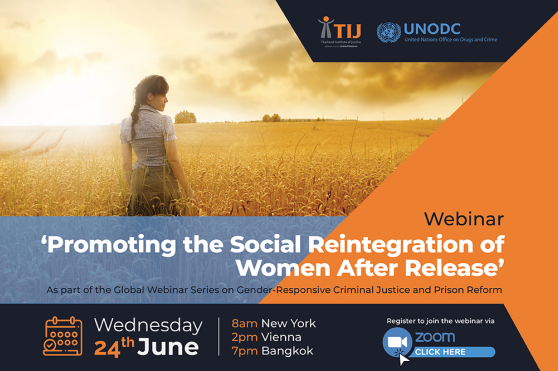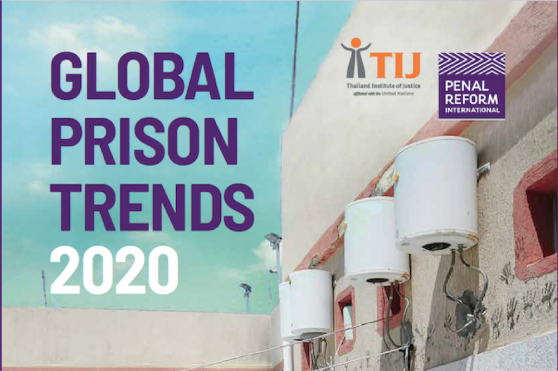Webinar summary: Promoting Alternatives to Imprisonment for Women in Conflict with the Law

On Thursday, 4th June 2020, the Thailand Institute of Justice (TIJ) and the United Nations Office on Drugs and Crime (UNODC) co-hosted a webinar on ‘Promoting Alternatives to Imprisonment for Women in Conflict with the Law’, as part of the second session of the ‘Global Webinar Series on Gender Responsive Criminal Justice and Prison Reform’.
“Non-custodial measures are the foundation for human rights of women offenders”, highlighted Dr. Barbara Owen, TIJ Advisor, in her talk about the importance of investing in women and communities. The investment model, according to Dr. Owen, can improve outcomes for women, their children and communities by advancing community-based alternatives to incarceration.
Taking us back to the rationale for developing non-custodial measures, Dr. Owen reminded us of the gendered harm and unnecessary suffering that women experience in prison, as well as the generally low risk profiles of such women. In the current setting of the COVID-19 pandemic, she emphasized the need to leverage ongoing release efforts to create positive changes in criminal justice policies. Non-custodial measures focus on rehabilitation rather than punishment, which takes into account women’s pathways, their basic needs, their relationships, community ties, and additionally helps strengthen local communities by re-directing investment from prisons. She put forth empirical evidence which suggests that investing in community-based sanctions tackles external needs like housing, childcare, and education as well as internal change through treatment, and therapy, producing the strongest possible outcomes for pro-social behaviour.
Sharing steps and practical ways to implement non-custodial solutions, Dr. Owen mentioned the importance of engaging individuals and communities, developing comprehensive and holistic services and case management, providing external services to support internal change, addressing intimate partner violence and trauma, administering staff training, and incorporating safety and dignity in every stage of the criminal justice system.
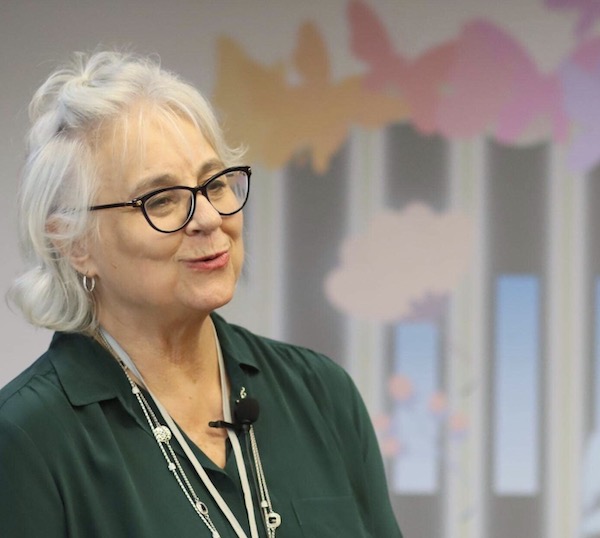
“We have long invested in the failure of the prison. Now is the time to invest in the future success of gender-responsive non-custodial measures.”
- Dr. Barbara Owen
Ms. Tamar Chanturia, Projects Assistant, Penal Reform International, echoed Dr. Owen’s point on increasing investment in alternatives to imprisonment as a way to empower women and help them make positive changes in their lives without facing the alienating and de-socializing effects of imprisonment.
Two country-specific examples were provided by Mr. Nicolás Laino, Deputy Public Defender General of the Public Defender's Office of Argentina and Board Member of the International Legal Foundation, and Dr. Sutatip Yuthayotin, Judge of the Office of the President of the Supreme Court, Thailand.
Mr. Laino stated that in the Argentinian Public Defenders’ Office, there is a Commission on Gender Issues, staffed with lawyers specialized in women’s rights, which seeks to facilitate women’s access to justice, provide better defence to their rights and promote the implementation of defence strategies with a gender perspective. With the help of specific reports made by the Commission – through in-depth interviews not only with the defendant but also with people from her family and social context – they have had success obtaining acquittals or case dismissals on the basis of self-defence, for example, or at least penalty reductions due to decreased culpability. This is also supported by mandatory trainings on gender issues for all members of the institution every year. These steps, according to him, have not only decreased women’s incarceration by facilitating gender-specific diversion or non-custodial sentences, but have also helped avoid their criminalization from the early stages of the process until the trial and sentencing.

“I believe that in order to effectively address the implementation of non-custodial measures for imprisoned women, it is of paramount importance to establish gender-specialized thematic areas within institutions.”
- Mr. Nicolas Laino
Dr. Yuthayotin’s example of Thailand also reiterated the importance of implementing alternatives to incarceration at every stage in the criminal justice process by focusing on the newly implemented ‘Program for the Increased Protection of Rights and Liberty of the Accused and Defendants 2019’, which came into existence to create understanding among judges on the proper application of alternatives to imprisonment, to minimize unnecessary pre-trial and pre-sentencing detention, and to increase the use of non-custodial measures for vulnerable groups, including women.
The workplan for this programme is divided into three phases:

Phase 1, which began in January 2020 has already yielded some positive results. Ten model courts were picked all over Thailand to publicize, educate and execute bail applications by utilizing risk assessments and prescribing essential conditions to prevent escape instead of bonds. As a result of this, in four months, 365 out of 488 bail applications have been granted, consisting of 11 percent women. This helped address two barriers faced by bail applicants, including lack of knowledge and financial capacity, according to Dr. Yuthayotin. Between May and September 2020, this phase is expected to be implemented in all 269 courts nationwide.
Phases 2 and 3, which will run from June to September 2020, will require increasing judges’ use of alternatives to imprisonment. To facilitate this, it is being publicized regularly through the Office of the Judiciary’s electronic communication system. Furthermore, the manual, guidelines and criteria for using alternatives to imprisonment will also be provided to all courts in the country. A working group will simultaneously coordinate with judges to implement the programme according to the manual.
The panel discussion was followed by a Q&A session which covered issues related to the distinct needs of women in conflict with the law, the importance of considering offenders’ individual and social backgrounds before sentencing, and the role of community-based services in successfully implementing alternatives to imprisonment.
Click to view Dr. Barbara Owen’s PowerPoint
Click to view Dr. Sutatip Yuthayotin’s PowerPoint
Click to view Ms. Tamar Chanturia’s PowerPoint



